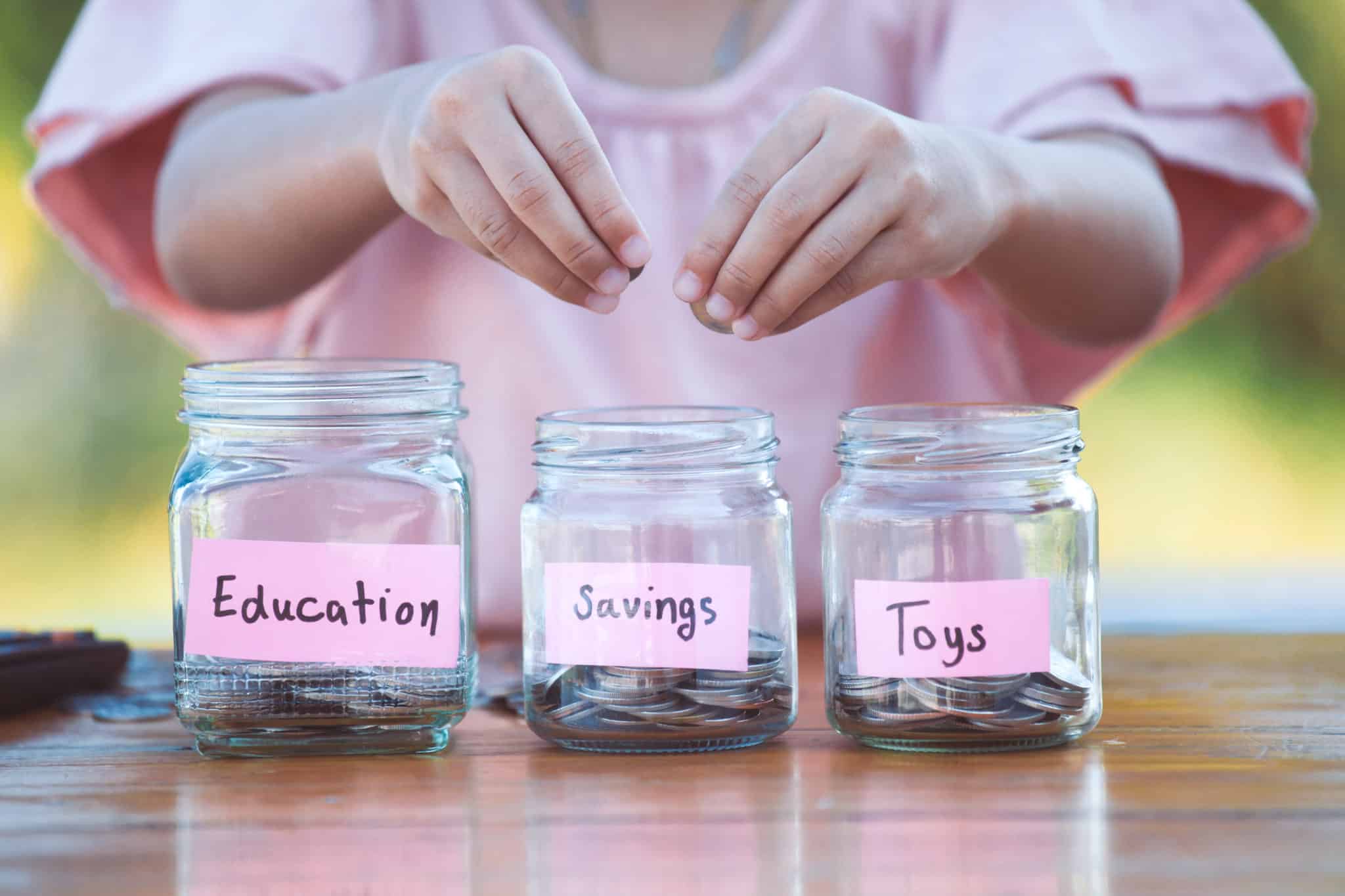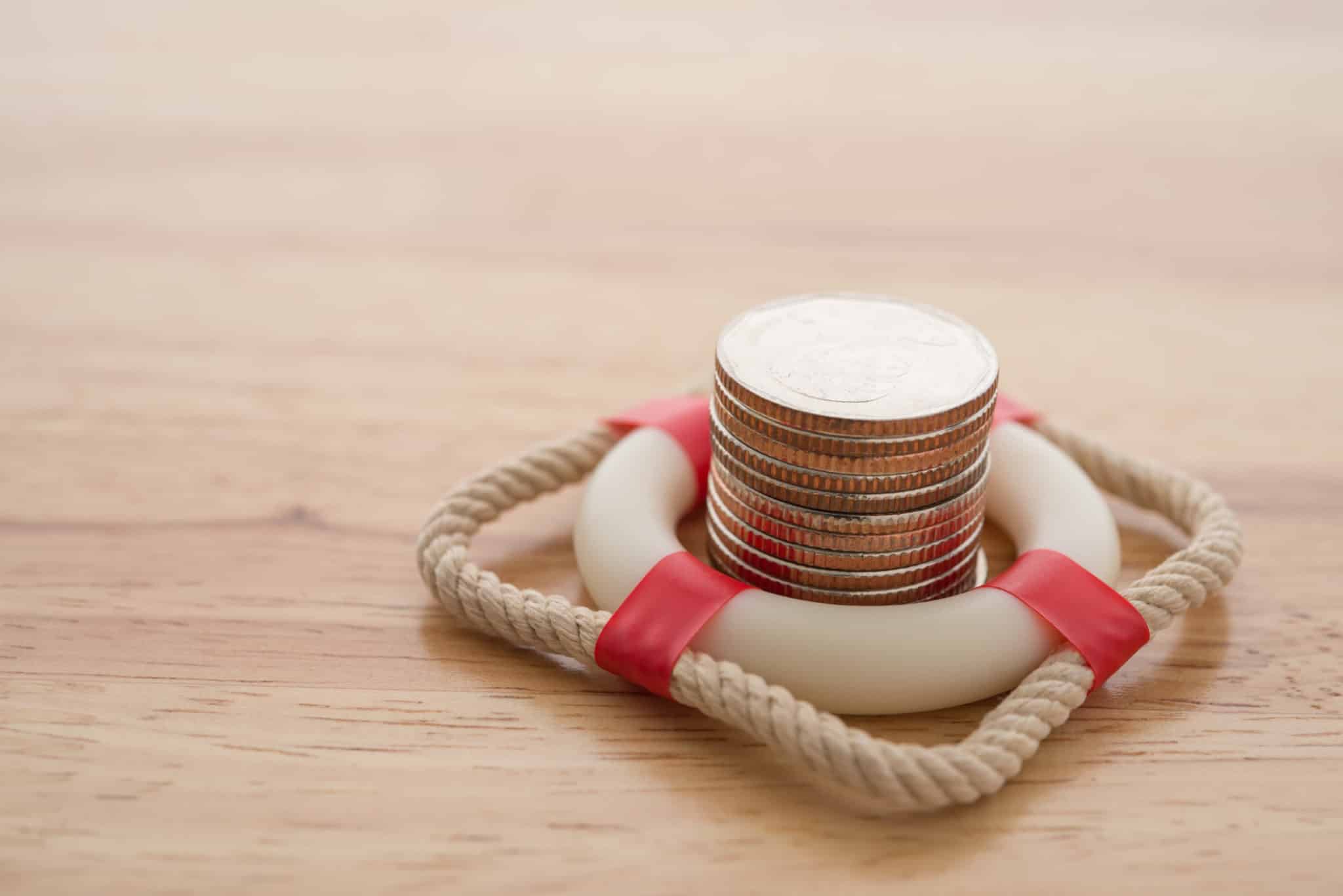
Are better days ahead?
ARE BETTER DAYS AHEAD?
23
February, 2021
Lockdown
Cheerful
Never has the need to search for light seemed stronger than it has in the past year. Unexpectedly, the world as we knew it plunged into disarray; everyday news was filled with economic markets crashes, business collapses and society as we know it, has become a distant memory. It feels we have been living a through a time of great upheaval.
However, it’s not been all doom and gloom. Following the Prime Minister news on Monday, we now seem to be finding our way out of the darkness. Perhaps we will soon be following in history’s footsteps; because despite the many wars, and previous financial crisis’, over the last 20 years, the stock market achieved a positive return in 15 of those years. Over time, our economies regrow, companies become profitable again, employees become more efficient, people more productive, populations build back up, and technology leads to new innovations.
Perhaps prematurely, we decided to reflect on things that we have managed to enjoy during the lockdowns. We wanted to bring light and how we can all grow out of these dark days. These are some of our reasons to be cheerful, hopefully they give you some hope for this last little push!

“My friends and I started creating a Spotify Playlist for us all to enjoy. We take it in turns each day to suggest a song category and we add up to three songs each. We have had great fun coming up with interesting categories and reliving some classic songs and memories! It has given us such a great opportunity to chat about something every day, and provided us with something to enjoy together, even while we are apart. The playlist is now over 24 hours long, I wonder how long we can get it!”
– ALICE
I am used to seeing my friends all the time, so having to limit that has been tough for me but with these limits in place, I have started to really appreciate the people in my life and spending what time I can with them. Just going for a walk with a friend has broken up my days; I’ve been able to get my steps in and have a good chat about everything! It has kept me going through these tough times and I hope we can spend more time like this with people in the future (as well as some drinks in the pub!)
– SOPHIE
Perhaps ironically, I have found I have spoken to my friends and family a lot more during these lockdowns than in normal times. Taking away the possibility that you will be able to see them at any time seems to have upped people’s communication which has been so important! I’ve received more spontaneous phone calls from my loved ones which have really brightened up my days. I hope we can keep communicating like this once the lockdown lifts.
– SAM
“Working from home has allowed me to take more breaks to get out and enjoy the fresh air”
Although it’s been hard work, being able to watch my children learn from home has been so rewarding. In the “old normal”, my commute and working days were long and my time with my family was always limited, however having them around more and being able to see them during a working day has been great. Working from home has allowed me to take more breaks to get out and enjoy the fresh air as well, it has really helped even out my work/life balance.
– STEVE
I have enjoyed taking in the simpler things of life at a bit of a slower pace. Normally we don’t make the time to just go for a walk and enjoy our surroundings. I’ve also just moved into a new home, so I have been enjoying having a garden to look out onto between meetings!
– KIERAN
I’ve used music so much to escape and break up the daily routine .
I’ve been exploring different genres and songs to what I would normally listen to just to mix up each day and it’s given me the boost I need to get through working from home!
– ROSS
In a bid to keep ourselves entertained, my Mum and I started cocktail making evenings on a weekend, so that has been great fun. I’ve also managed to save money during lockdown which has been a great bonus, and now it is staying lighter after 5pm, it’s starting to feel like there’s light at the end of the tunnel!
– JULIA


So, let us keep our fingers crossed that the weather continues to improve, the spread of COVID-19 continues to slow, vaccines keep working and that hospitals may soon be able to run smoothly once more. Perhaps we will soon discover something resembling normal, as we start to repair our economy and our society.
In terms of investing, 2020 was not the first time that stocks have slumped, and it won’t be the last time it happens in our lifetime. Remember, for the last 20 years, the stock market has been one of the best places for the longer-term investor to build their wealth, and history would suggest that it will usually recover.
We must remember what history tells us: lockdown too shall pass.
PROVIDING NEWS AND VIEWS TO SUIT ALL NEEDS
This Blog is published and provided for informational purposes only. The information in the Blog constitutes the author’s own opinions. None of the information contained in the Blog constitutes a recommendation that any particular investment strategy is suitable for any specific person.












Recent Comments